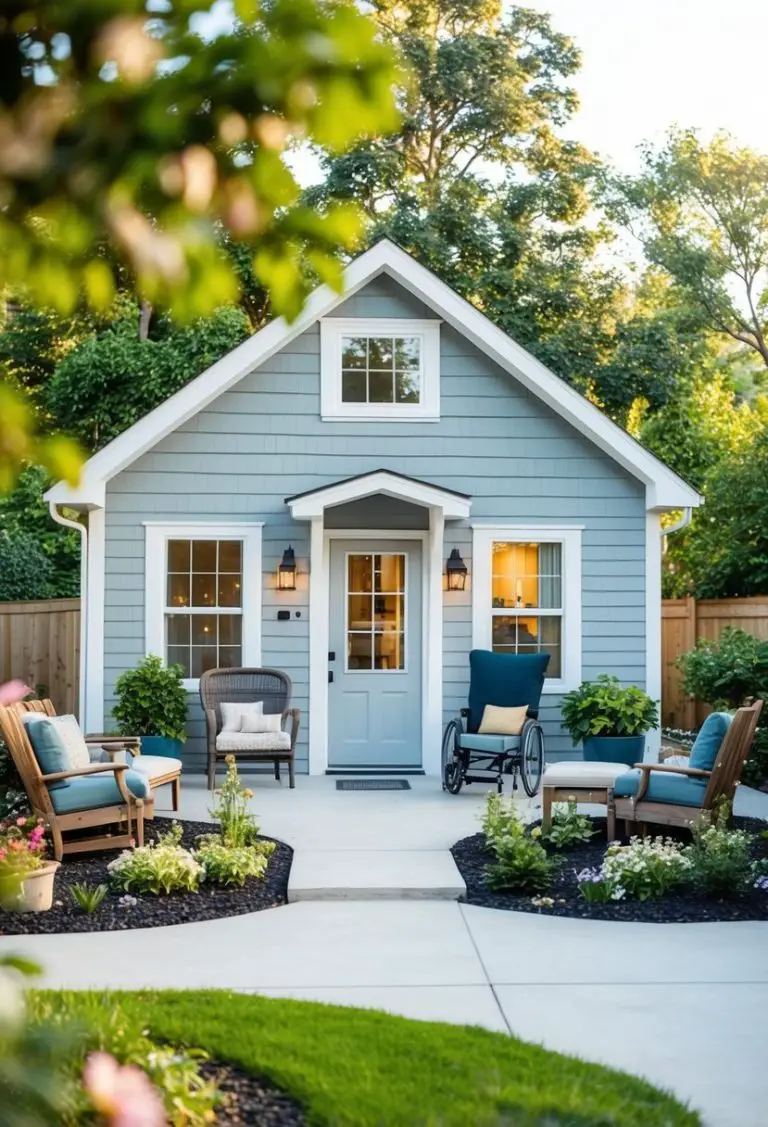How to Leave Society and Live in the Woods: A Beginner’s Guide
Leaving society and living off the grid is a dream that many people have. The reasons for wanting to do so may vary, but the desire for peace, a simpler lifestyle, and a deeper connection with nature are often cited as the main motivations. However, leaving society and living in the woods is not an easy feat, and requires careful planning and preparation.
To successfully leave society and live in the woods, one must have a clear purpose and goal in mind. This could be anything from wanting to escape the stresses of modern life, to seeking a deeper spiritual connection with nature. Whatever the reason, having a clear purpose will help guide one’s decisions and actions, and will make the journey more meaningful.
Living off the grid requires a certain set of skills and knowledge. One must know how to build a shelter, start a fire, find food and water, and navigate through the wilderness. It is also important to have the right equipment and tools, such as a good quality tent, a reliable source of water, and a sturdy backpack. With the right mindset, preparation, and skills, leaving society and living off the grid can be a rewarding and transformative experience.
Preparing to Live in the Woods
Living in the woods is a big decision that requires thorough planning and preparation. Before embarking on this journey, there are several legal considerations, location choices, essential skills and knowledge, and financial planning to take into account.
Legal Considerations
It is essential to understand the legal implications of living in the woods. In the United States, laws vary by state, and it is crucial to research the laws in the state where you plan to live. Trespassing on private property or government land is illegal and can lead to hefty fines or imprisonment. It is advisable to obtain permits or reservations for land use and mining claims before building a shelter. Property taxes and building codes also apply to off-grid living, and it is vital to comply with them to avoid legal issues.
Choosing a Location
Choosing the right location is crucial when planning to live in the woods. Factors such as proximity to community, hazards, and weather must be considered. Alaska and Montana are popular states for off-grid living due to their vast wilderness areas. However, it is essential to research the area thoroughly before settling down.
Essential Skills and Knowledge
Survival skills such as building, hunting, and fishing are essential to living in the woods. Wilderness survival knowledge is also critical for long-term sustainability. Researching books and online resources can provide valuable information on the necessary skills and knowledge.
Financial Planning
Living in the woods requires financial planning to ensure long-term sustainability. Dropping out of society entirely is not feasible, and it is essential to have a source of income. Saving money and reducing costs can help in financial planning. It is also advisable to have a job that allows remote work or a side hustle that can be done from the woods.
In conclusion, living in the woods requires thorough planning and preparation. Legal considerations, location choices, essential skills and knowledge, and financial planning are essential factors to take into account. By considering these factors, one can successfully drop out of society and live in the woods.
Living Off the Land
Living off the land is a crucial skill for anyone looking to leave society and live in the woods. It involves utilizing natural resources such as vegetation, animals, and soil to provide for oneself without relying on modern technology or society. Here are some key practices to keep in mind when living off the land.
Building Shelter
Building a shelter is a critical first step in living off the land. It provides protection from the elements and a place to sleep. There are various options when it comes to building a shelter, including a cabin, log cabin, tent, or RV. If building a permanent structure, it is essential to stake a mining claim to avoid legal consequences.
Sustainable Resources
Living off the land requires a sustainable approach to resources. This means utilizing resources in a way that does not deplete them. For example, firewood should be harvested responsibly, and trees should be replanted. It is also essential to consider the impact on wildlife and vegetation when hunting or fishing.
Self-Sufficiency Practices
Self-sufficiency practices are crucial when living off the land. This includes growing vegetables, hunting, and fishing for food, purifying water, and generating electricity through solar panels or other energy sources. It is also essential to have a well-stocked medicine cabinet and practice proper sanitation to avoid illness.
Living off the land is not without its challenges, including isolation and lack of modern conveniences. However, with the right skills and supplies, it is possible to thrive in a survivalist living situation. With persistence and determination, anyone can learn to live off the land like Thoreau did in his famous book, “Walden.”
In conclusion, living in the woods requires a lot of skill and preparation. It’s important to have the right tools, supplies, and connections to make it work. By following the practices outlined above, anyone can successfully live off the land and enjoy the freedom and self-sufficiency that come with it.
Frequently Asked Questions
What are the legal considerations for living off-grid in the woods?
Living off-grid in the woods can be a legal gray area, and it’s essential to research the laws and regulations of the area where you plan to live. Some states and countries have restrictions on living off-grid, and you may need to obtain permits or meet specific requirements to build a home or structure. It’s also important to consider property rights and ownership, as living on someone else’s land without permission can lead to legal trouble.
What survival skills are needed to live independently in the wilderness?
Living in the wilderness requires a set of survival skills to ensure you can sustain yourself and stay safe. Basic survival skills such as fire-starting, shelter-building, and water sourcing are essential. Additionally, it’s important to learn how to forage for food and identify edible plants, as well as how to hunt and fish. First aid and navigation skills are also crucial in case of emergencies.
How can one sustainably source food and water while living in the forest?
Sustaining oneself in the forest requires a deep understanding of the local ecosystem and the ability to forage, hunt, and fish responsibly. Collecting rainwater or sourcing water from streams and rivers can provide a reliable source of hydration. Growing a garden or raising livestock can provide a sustainable source of food, but it requires careful planning and management. It’s important to avoid over-harvesting or damaging the local environment.
What are the first steps to take when planning to live away from civilization?
The first step to living away from civilization is to research and plan thoroughly. Identify the location where you want to live and research the local climate, flora, and fauna. Determine how you will source food and water and what skills you need to learn. Consider the legal and regulatory requirements of living off-grid in the area. It’s also important to have a financial plan in place and to build a support network of like-minded individuals.
How to prepare financially for a life isolated from society?
Living off-grid in the woods requires a financial investment in equipment, materials, and infrastructure. It’s important to budget for the initial costs of land acquisition, building materials, and tools. Additionally, ongoing expenses such as food, water, and energy sources must be accounted for. It’s crucial to have a financial plan in place to ensure long-term sustainability.
What are the psychological impacts of living alone in the wild?
Living alone in the wild can have a significant impact on a person’s mental health. Isolation and loneliness can lead to depression and anxiety. It’s important to build a support network of like-minded individuals and maintain regular contact with loved ones. Engaging in activities such as meditation, journaling, and creative pursuits can also help maintain mental wellness.










